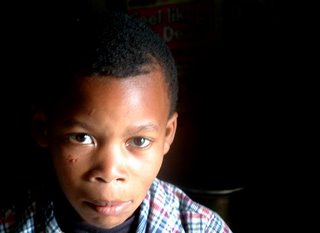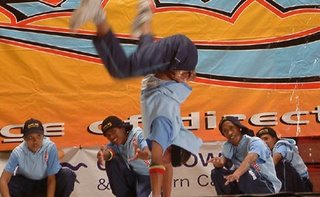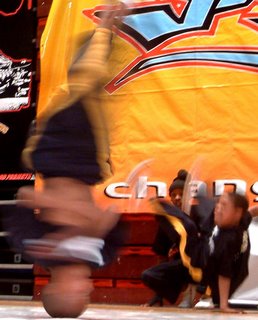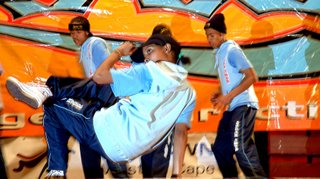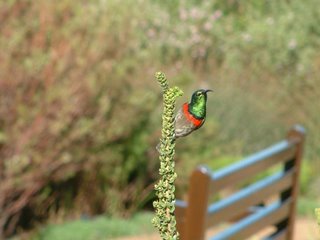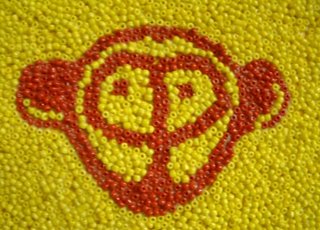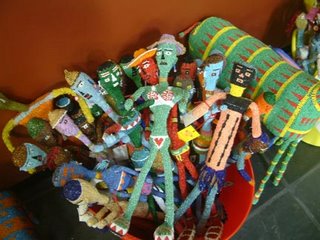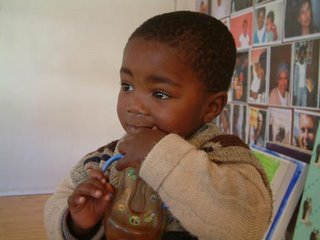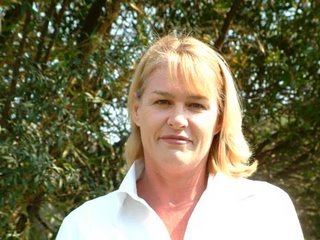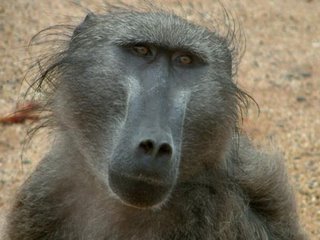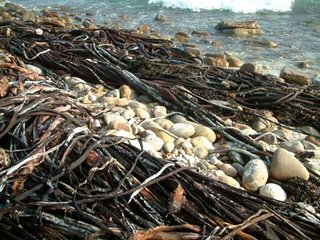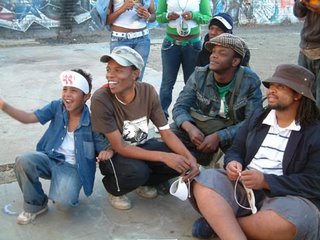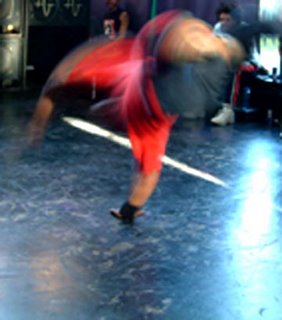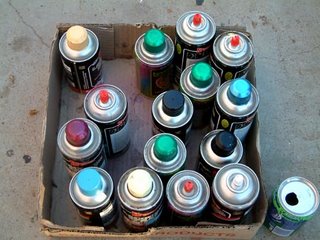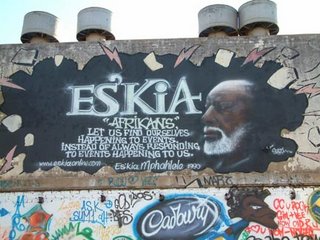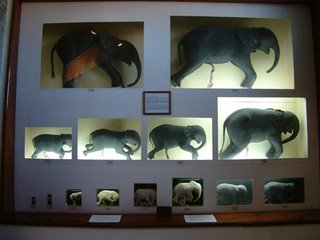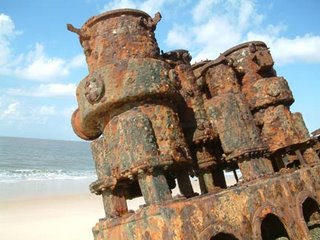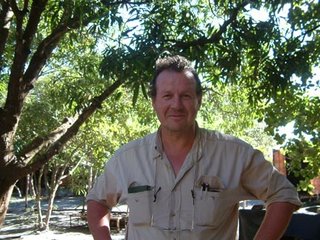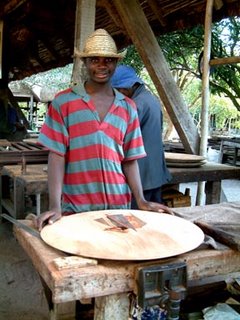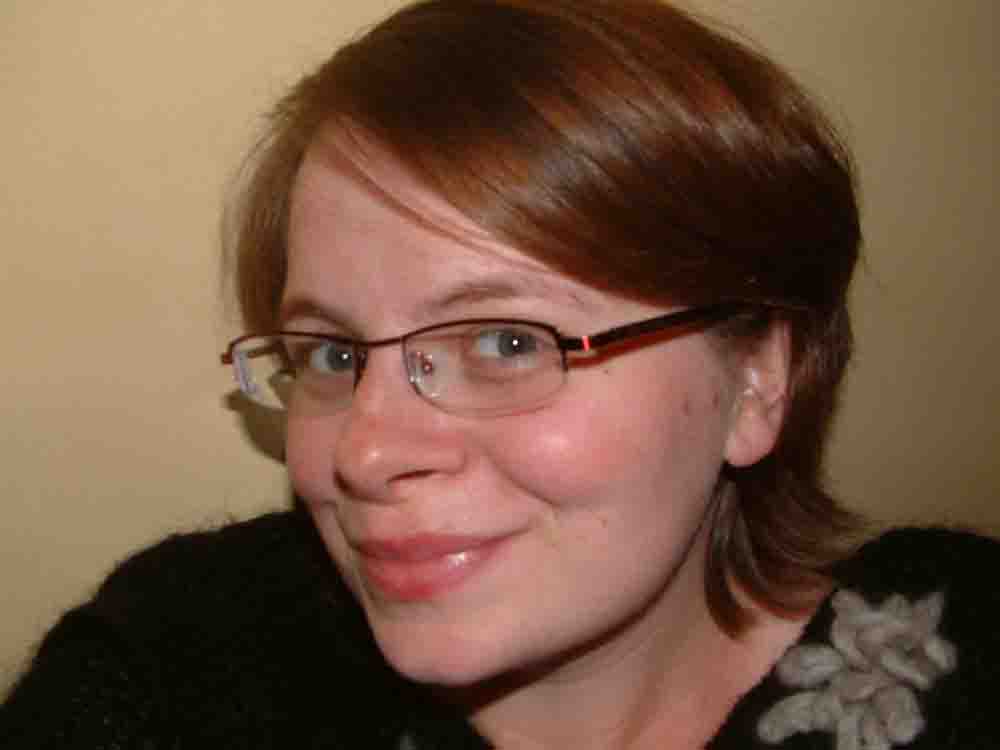Farewell to the continent, for now.
Africa. It sounds quite whole really. Whole in sense like ‘France’, or ‘Holland, or ‘Australia’. People sometimes say, ‘I’m going to Africa’, or ‘I have been to Africa’, or even worse, ‘I have done Africa’.
But the longer I’ve been here, the less ‘Africa’ as a static description, one which conjures notions of stability, uniformity, or completeness, makes any sense to me.
The more I have travelled, the more I have seen how varied it is. How stable in parts and fragile in others. How politics effects governance, and how governance effects boundaries. How those boundaries have been shaped through want and warfare, peace and promise.
The place, if anything, is complex.
Many of the South Africans I have met do not consider themselves to be part of ‘Africa’. The North Africans I have met do not consider themselves to be part of Africa. They are Moroccan, or Egyptian, or Algerian. But that is not Africa, not the real Africa at least, is it? Some Mozambicans tell me they are the real Africans. But they speak Portuguese and some sip espresso in fancy street cafes. That is not African, is it? Some Tanzanians I have met were headscarves and pray to Allah five times a day, is that African? The white Zimbabweans I have met have been kicked out of their country for not been African enough. The black Zimbabweans I have met have fled their country and can’t get a visa to live in ‘Africa’. I have not met any Nigerians en route, but some ‘Africans’ I have met told me they wish the Nigerians were not African, for they give them all a bad reputation. I have even met some African Americans, who tell me that coming to ‘Africa’ is like coming home. But where and what they mean, I have no idea.
Very quickly I stopped trying to reach a definition of Africa, because it does not, can not, and nor do I think should exist. Definitions limit. They put boundaries on things. ‘Africa’ is a place which does not need to be contained.
Africa is everything.
It is music which makes your soul come alive.
It is life which seeps into every open pour.
It is death which hangs over cliff edges, so close, always too close.
It is colour, bright, shocking, glaring colour which adorns every inch of clothing.
It is stench dark smells which rise from the gutters and hover like omens.
It is sunsets which give new meaning to orange, to golden, to red, to amber.
It is the woman who carries a baby on her back, laundry in her arms and a bucket on her head.
It is a group of grown men playing a giant game of Ludo.
It is a child, naked and bare, carrying a younger child in her arms, sharing a piece of chewed maize.
It is houses of mud, which look like they would either crack in the sun or disintegrate in the rain.
It is mansions overlooking lakes, with east and west wings full of empty rooms.
It is knowing that every third or fourth person you see probably has Aids. It is knowing that the life expectancy of some is 27. It is knowing that there are men in power lining their coffins with gold-leaf. It is knowing that in some places there are no longer enough trees to make coffins.
It is laughter, resounding around street corners.
It is spontaneity, now.
It is hotels with four poster beds and crisp linen. It is hotels with no doors, no beds, no guests.
It is giraffes and elephants and a myriad of multicoloured butterflies. It is nasty ants, termite hills, mosquitoes. It is malaria and the constant fear of malaria. It is mosquito nets being used as fishing nets. It is condoms being used for making footballs.
It is 5000 year old baobab trees.
It is early rises, early nights, dreams of better times past, and better times future.
It is music blaring out of speeding buses. It is buses with holes in the floor. It is buses meant for 14 people which pack in 24. It is BMWs covered in red dust. It is 4 wheel drives with no suspension.
It is when you know you are stinky and dirty, but you really don’t care, because there is always someone smellier and someone dirtier.
It is smiles, huge gaping genuine smiles, which never seem to end.
It is children, lots of them, shouting, ‘MUZUNGU, How are you?’ Then repeating it again, and again, and again, and again.
It is people who care. It is people who don’t. It is some who try. It is some who don’t know how to try.
It is a million angry emotions about to erupt, because they have to go somewhere.
It is hope, despair, frustration, bureaucracy, enchantment, history, death, more death, life tottering on the brink of death, life, more life, and life erupting with potential.
It is all these things, and that is just the beginning.
I have to leave now, but I will return. Not to Africa. But to Uganda, Kenya, Tanzania, Mozambique, South Africa.. and who knows, I may even get to some other parts of the continent and discover a few more pieces of the puzzle.
The journey, phase two, is soon to start. Next stop. India.
I’ll see you there.
(I still have some articles to write about some of the fantastic people I have met over the last few days. It has been such a whirlwind, I can hardly keep up. But I will get to them, soon!)

